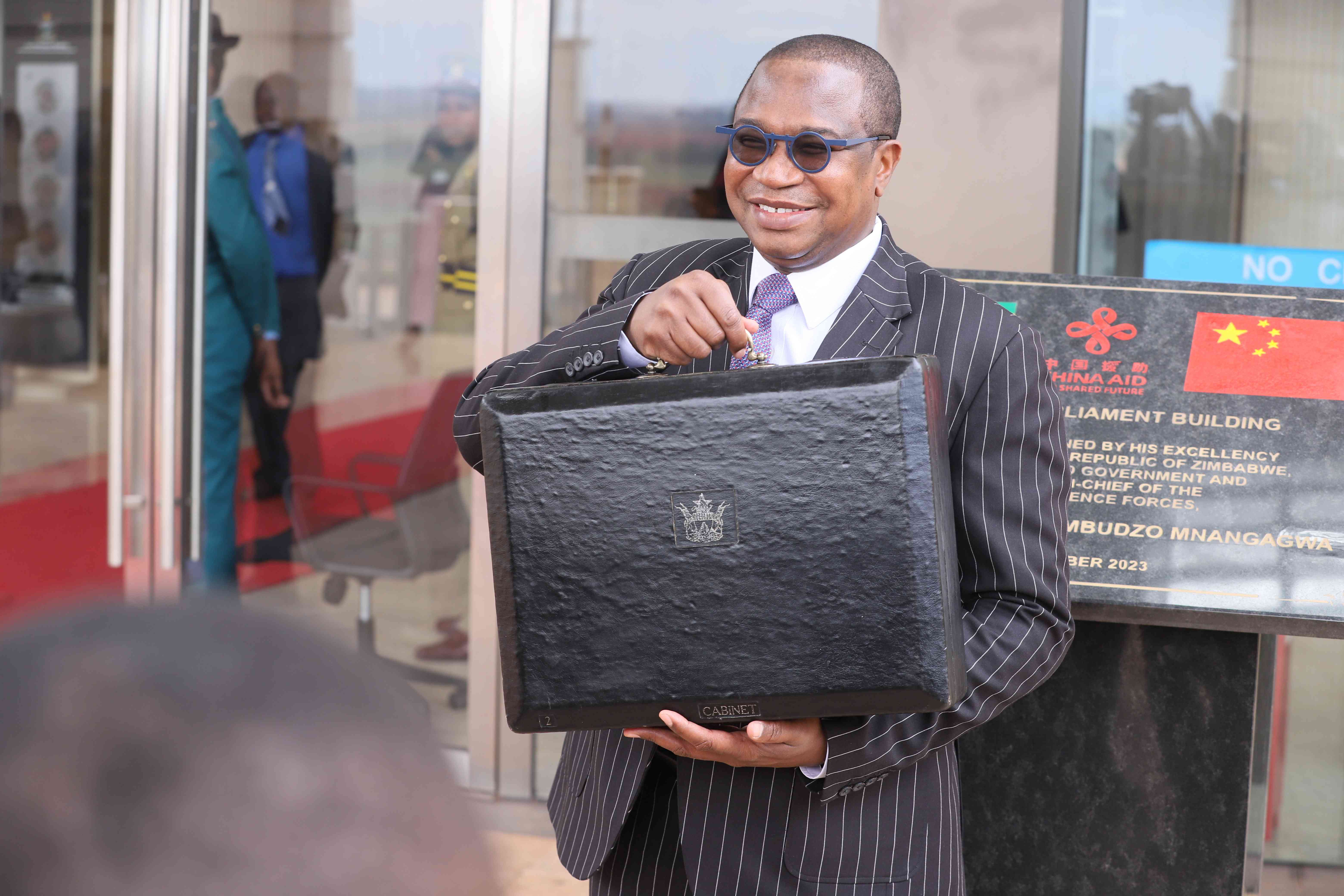
THE tax regimes introduced by the government are not pro-people and entrench inequality and deliberately foster social and economic injustice, debt watchdog Zimbabwe Coalition on Debt and Development (Zimcodd) has said.
Finance minister Mthuli Ncube last week presented a ZWL$58,2 trillion 2024 national budget, projecting a domestic economic growth of 3,5% next year. This would be backed by a raft of new taxes and increases on fuel and sugar levies, tollgate, vehicle registration and passport fees.
Ncube also introduced a mansion tax and a surcharge for vehicle imports, among others.
But in a statement yesterday, Zimcodd said the tax regimes were likely to affect Zimbabweans who are currently suffering financially.
“Unfortunately, while increasing existing tax heads, the national budget statement has further proposed additional taxes which will significantly deteriorate the welfare of economic agents, particularly the poor majority,” the debt watchdog said.
“For instance, the proposed increase in toll fees and fuel levy will have a negative bearing on the cost of doing business and public transportation costs.
“Also, with the ongoing increased exodus of Zimbabweans in search of greener pastures abroad, hiking passport fees will lead to illegal immigration thus forcing expatriates to work in menial jobs.”
Zimcodd, however, added that there were some progressive tax proposals put forward such as the sugar tax, whose proceeds will be ringfenced to fight non-communicable diseases like cancer.
- Budget dampens workers’ hopes
- Govt issues $24 billion Covid-19 guarantees
- Letter to my People:They have no answers for Nero’s charisma
- ZMX to enhance farm profitability
Keep Reading
Starting next year, tollgates on premium roads will cost US$5, while the ordinary passport would be increased to US$200.
“Also, the budget proposed to introduce a wealth tax that ensures that the Treasury reaches the assets of wealthiest citizens thus increasing the government revenues and making the tax system fairer,” Zimcodd said.
“In addition, compelling miners like lithium miners to beneficiate extracted minerals will go a long way in strengthening value chains and increasing export earnings and employment.”
However, Zimcodd said the 2024 budget was not in sync with the reality on the ground, adding that it did not strive to address the challenges being experienced by the citizens.
“The tax regimes introduced by the government are not pro-people, they entrench inequality and deliberately foster social and economic injustice.
“At the same time, the budget does not optimally align with the NDS1 [National Development Strategy 1] with respect to resourcing the national development policy. It demonstrates little appetite from the government to achieve an upper-middle-income economy,” the organisation.
Zimcodd implored government to reconsider the tax regimes.
“Other issues that need attention is the ballooning debt, unemployment, hunger and poverty. Thus, it is Zimcodd’s wish that government reconsiders its resource mobilisation strategy which is hinged on taxing the vulnerable and marginalised citizens and widen its tax base.”










